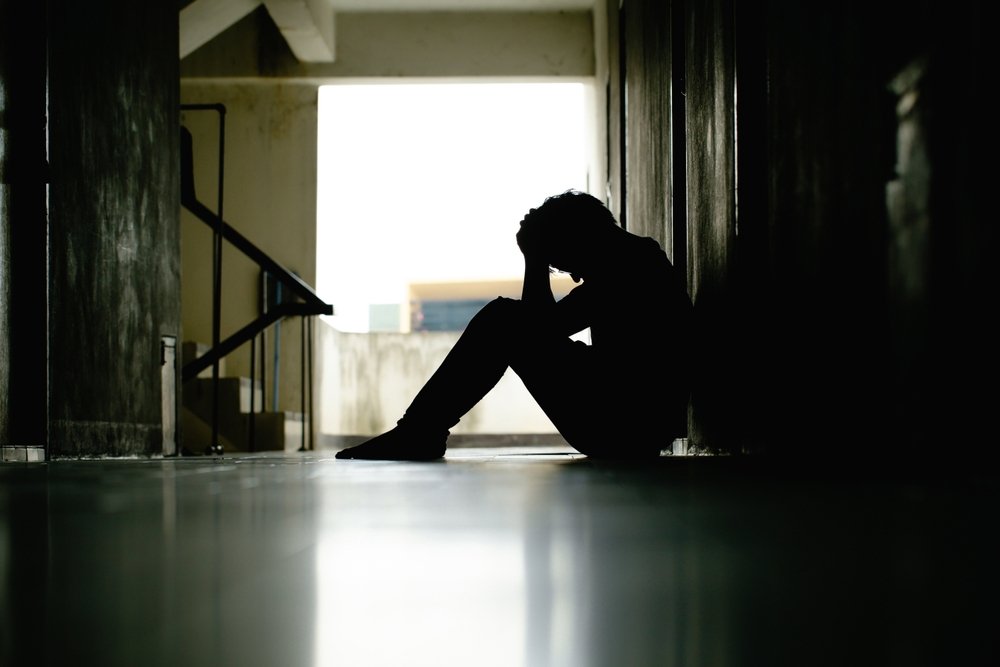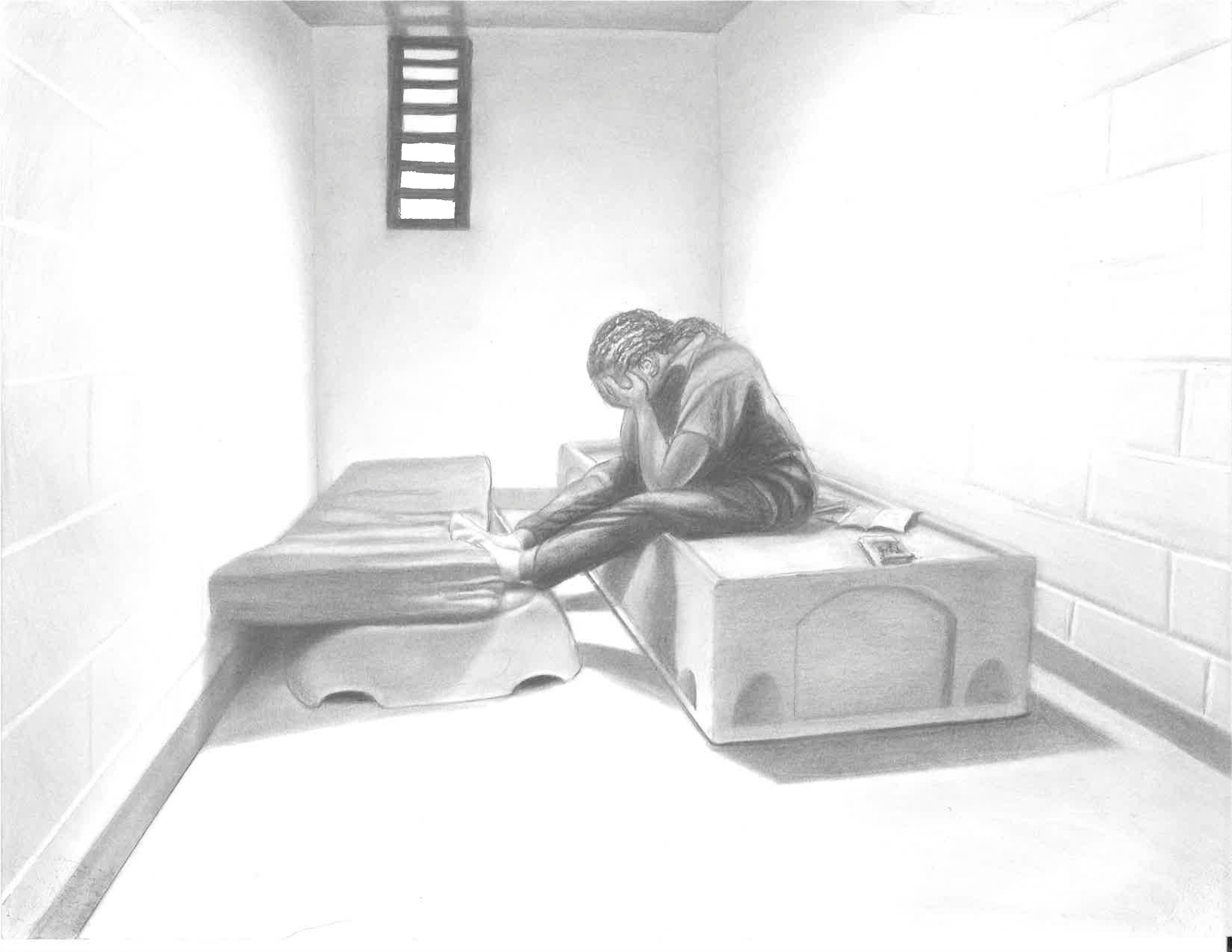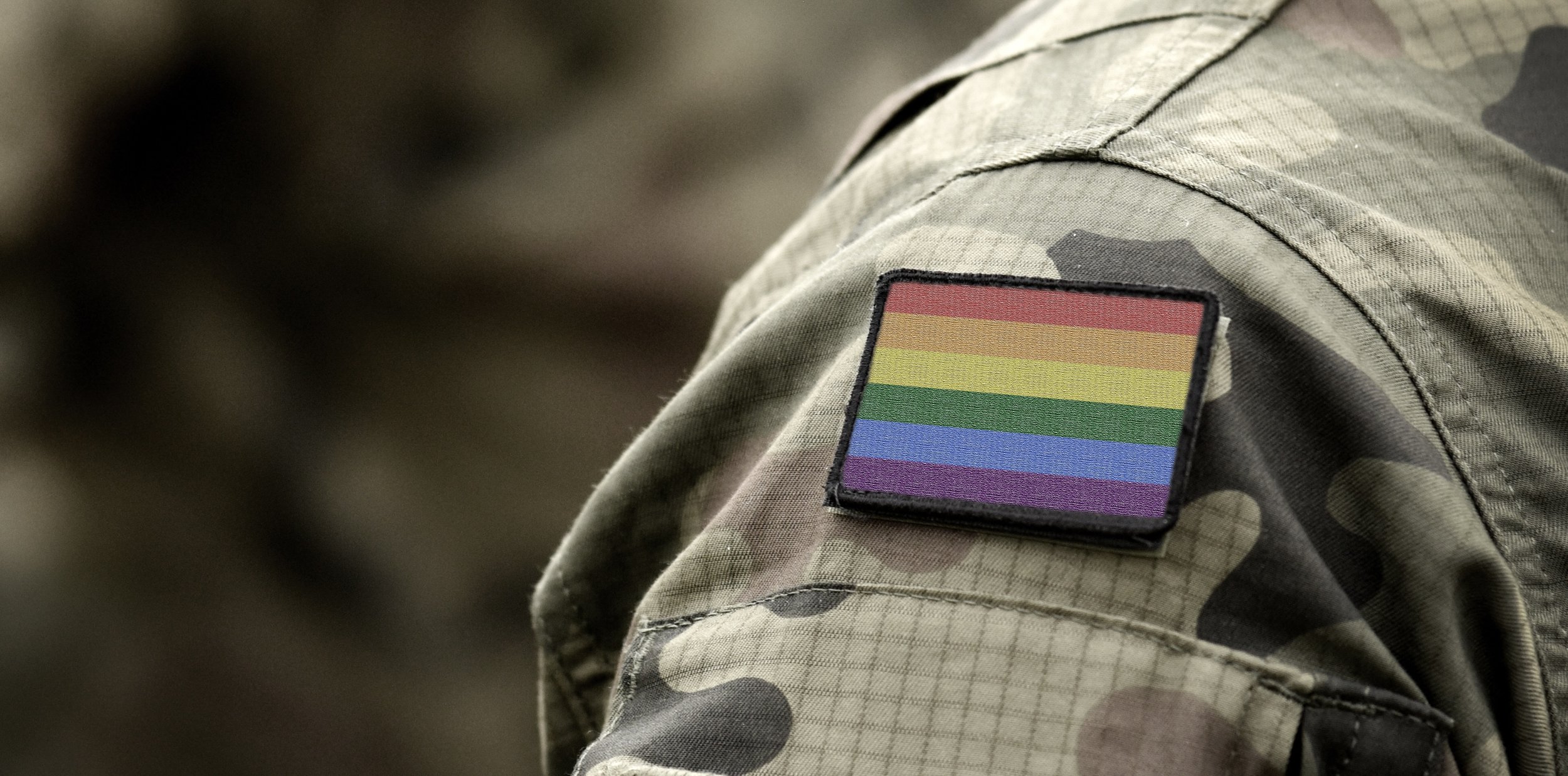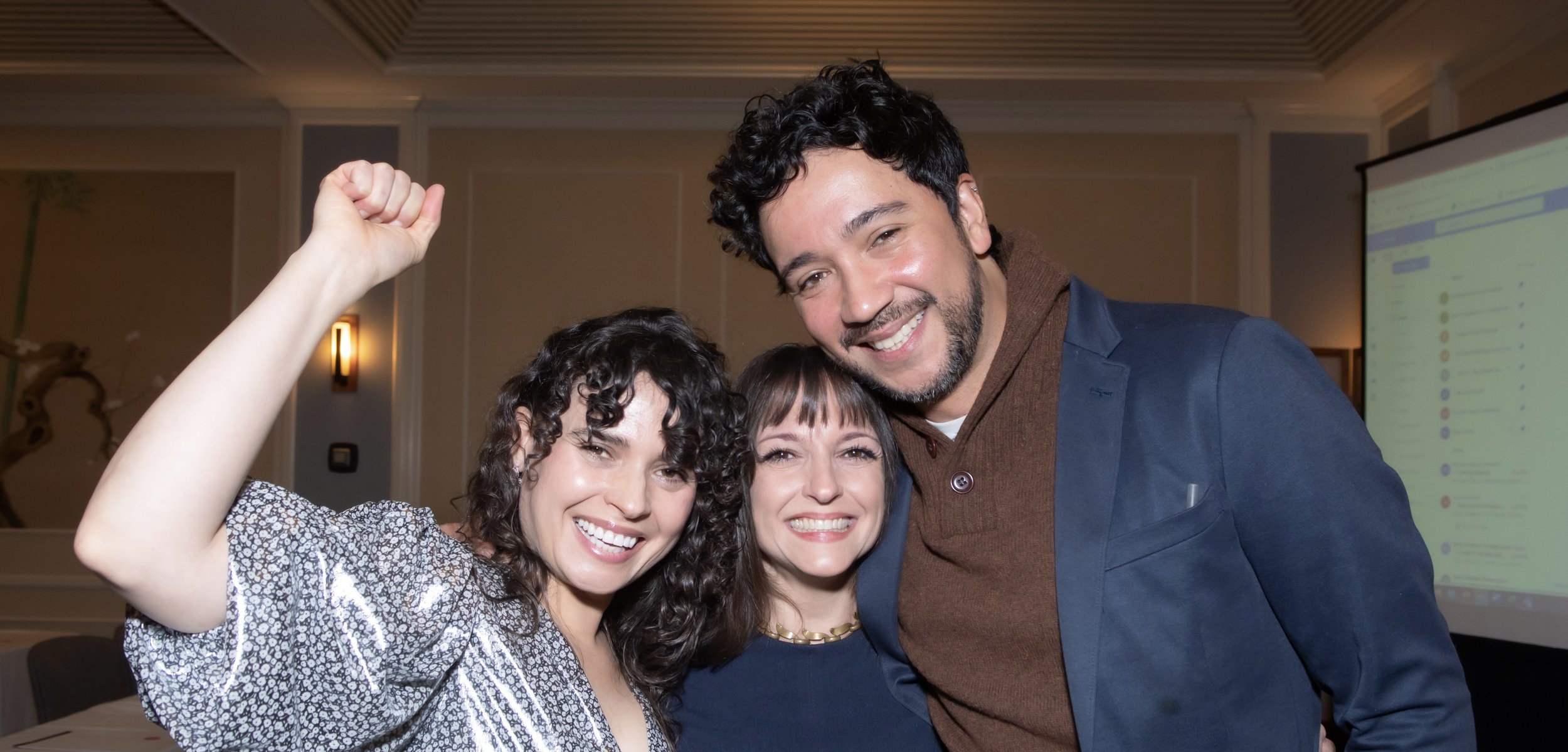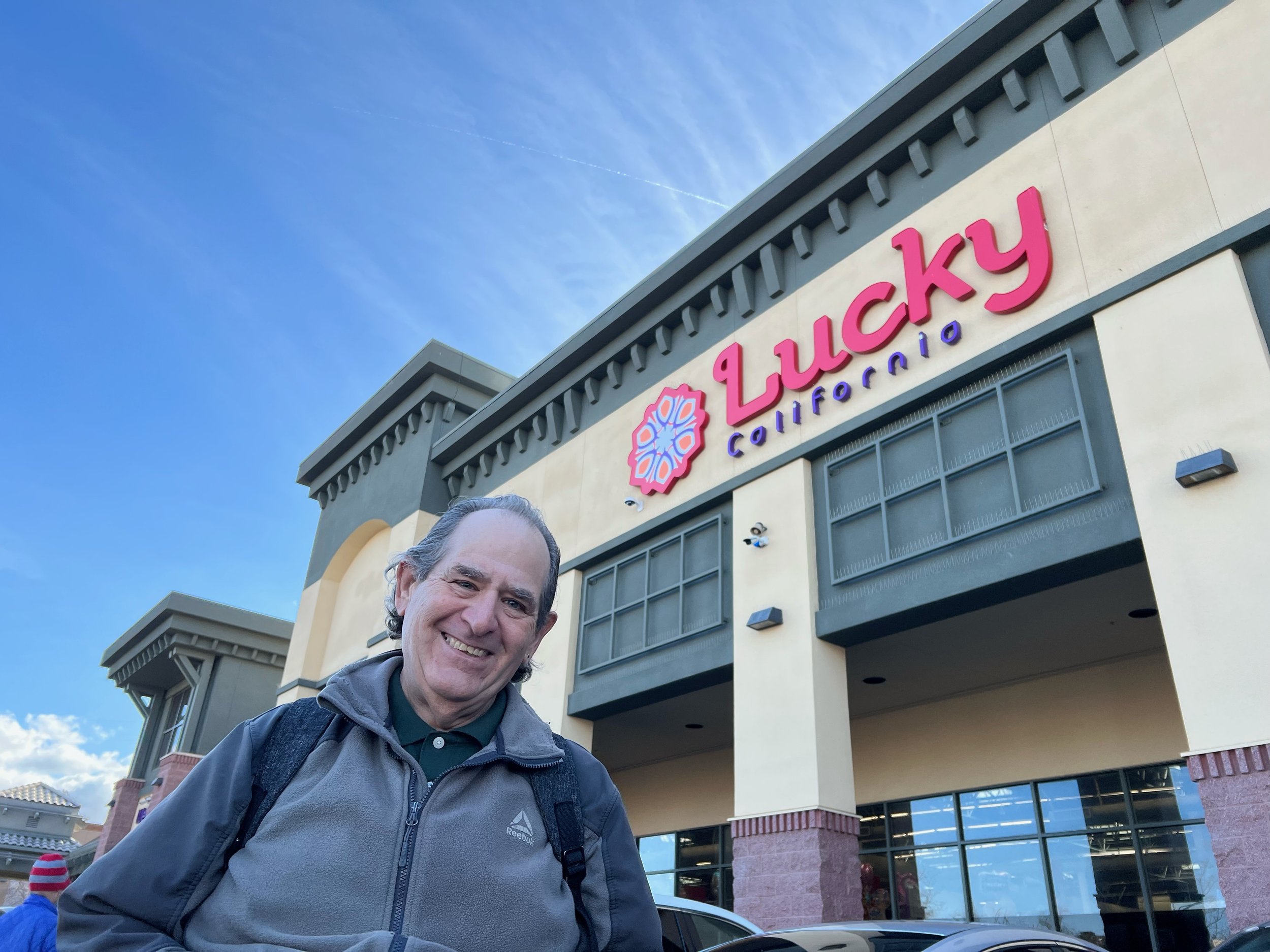Class Action Victory for Racial Justice Protesters in Berkeley
"We were indiscriminately beaten even as we tried to lawfully retreat.”
Rachel Lederman - Civil Rights Attorney & Former President S.F. Bay Area Chapter, National Lawyers Guild.
Impact Fund support was essential in a recent class action victory for racial justice protesters and journalists in Berkeley, California.
The systemic failure to hold white police officers accountable for racist killings and the Black Lives Matter movement sparked a demonstration on December 6, 2014. The march began peacefully on the UC Berkeley campus, but when it reached the city police station, the police blocked the marchers’ path and began using their wooden batons indiscriminately against both protesters and journalists. Later that night, BPD and assisting agencies used batons and teargas to herd the entire crowd more than a mile to the City limits, and into Oakland.
Sam Wolson, a photojournalist who was on assignment by the San Francisco Chronicle newspaper at the protest, was clubbed on the head as he knelt to take a photo. Wolson remarked afterward that, “If you can’t have media safely holding all parties accountable, the whole system breaks down.”
Cindy Pincus, a minister, was hit on the head too as she bent down to help another woman who had fallen. “The response by police was so disproportionately violent to the peaceful gathering of protesters. We were indiscriminately beaten even as we tried to lawfully retreat,” she said.
UC student Nisa Dang was clubbed from behind while she was urging other demonstrators to be peaceful. Later that night, she was caught up in the forced march to Oakland. “The officers hit and jabbed us with their batons and shot tear gas canisters at our backs to forcibly make us keep moving south. They didn’t stop their violent tactics until we got to Oakland. Those of us who had been forced into Oakland then had to walk all the way back to Berkeley to return to the safety of our homes.”
Executive Curtis Johnson was visiting from Los Angeles and happened on the demonstration. “I had only been with the march for about ten minutes when I was shot in the knee with an impact munition,” he said. “There was no warning.”
Having worked for years to stop SFPD and OPD from using excessive force, wrongful mass arrests and prolonged detention to break up protests., to our surprise, this time it was Berkeley that responded most repressively to this wave of protest activity. And although Berkeley has a reputation as a hippie haven, its police force is fraught with accountability issues. In 2015, the Berkeley Police released stop data that showed a striking pattern of racial profiling against Black and Latino residents. Its demonstrations policies were a hodgepodge of written and unwritten orders and resolutions that even the police chief could not keep track of. After first attempting to negotiate reforms, we filed a class action civil rights lawsuit, Law et al. v. City of Berkeley, in federal district court (Northern California No. 3:15-cv-5343),.
In February, 2017, this case was resolved with significant reforms as well as more than $200,000 in compensation to those who were injured. Under the terms of the settlement, it will now be made clear to officers that they cannot use force simply because demonstrators get too close to them. Instead, the same legal standard will apply for use of force at a demonstration, as in any situation. To comply with the Fourth Amendment, force must be necessary and reasonable. The settlement will also create greater accountability when force is used at demonstrations. For the first time, Berkeley officers will have to write reports following a crowd event describing and justifying their use of force so that it can be reviewed. BPD also made a commitment to seek full implementation of police body cameras. BPD’s First Amendment policy has been rewritten to emphasize de-escalation and facilitating freedom of speech and of the press.
Although these are very positive changes, we hope that the Berkeley City Council will go further in prohibiting the use of dangerous munitions and chemical weapons in Berkeley, the birthplace of the Free Speech Movement. The freedom to speak out against racism and government policies and the freedom of journalists to cover dissenting voices has never been more important than it is right now.




